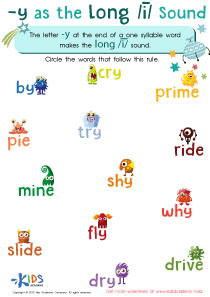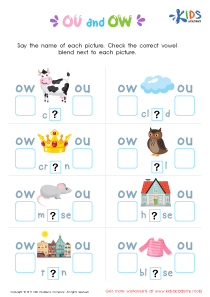Reading comprehension Short Vowels Worksheets for Ages 5-8
8 filtered results
-
From - To
Boost your child's reading skills with our engaging Reading Comprehension Short Vowels Worksheets, designed for ages 5-8. These interactive activities focus on building foundational literacy by highlighting short vowel sounds through fun exercises and captivating stories. Each worksheet encourages young learners to practice phonics, improve comprehension, and develop critical thinking skills. Perfect for classrooms or at-home learning, our resources foster a love for reading while making learning enjoyable. Navigate the world of short vowels with clear explanations, colorful illustrations, and varied practice tasks that challenge and inspire young minds. Discover the joy of reading today!
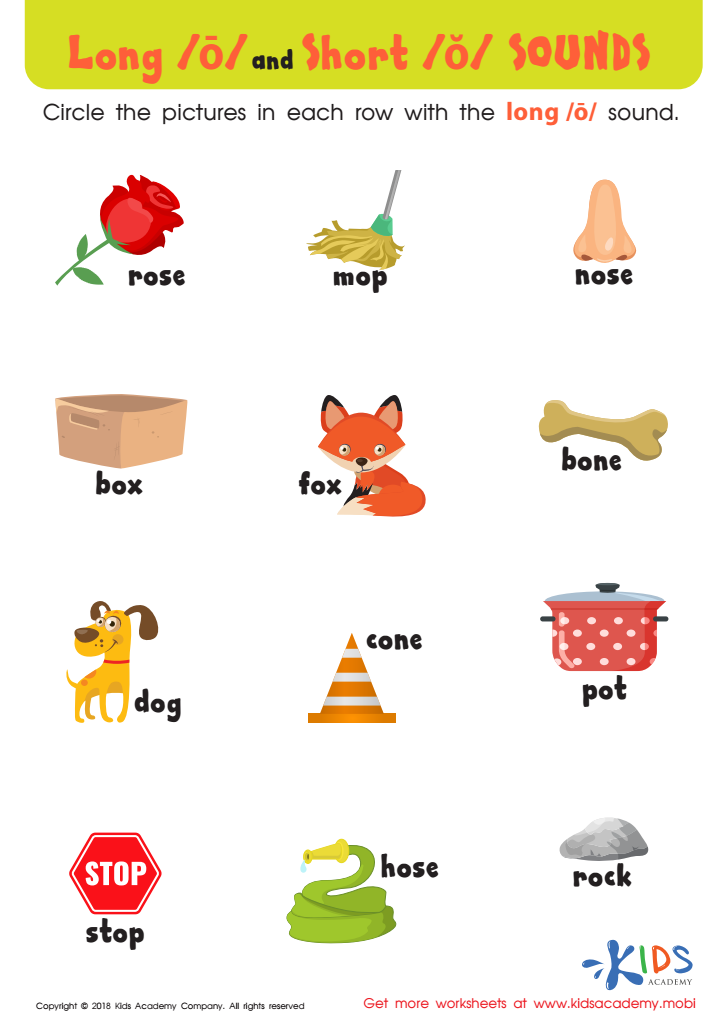

Reading: Long O and Short O Sounds Worksheet
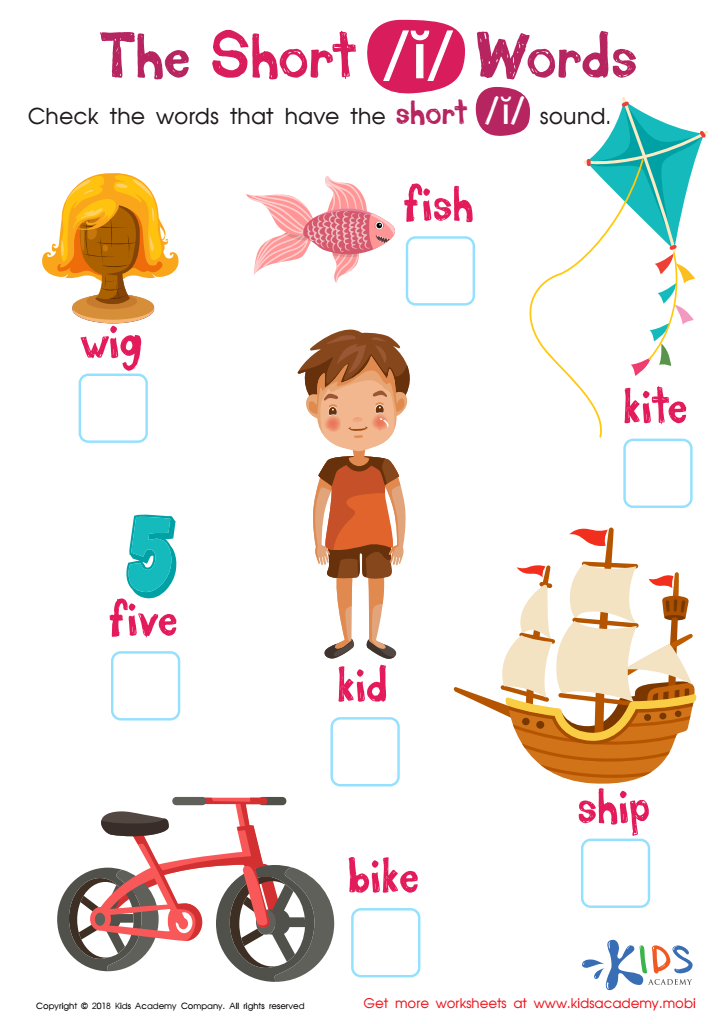

The Short I Words Reading Worksheet
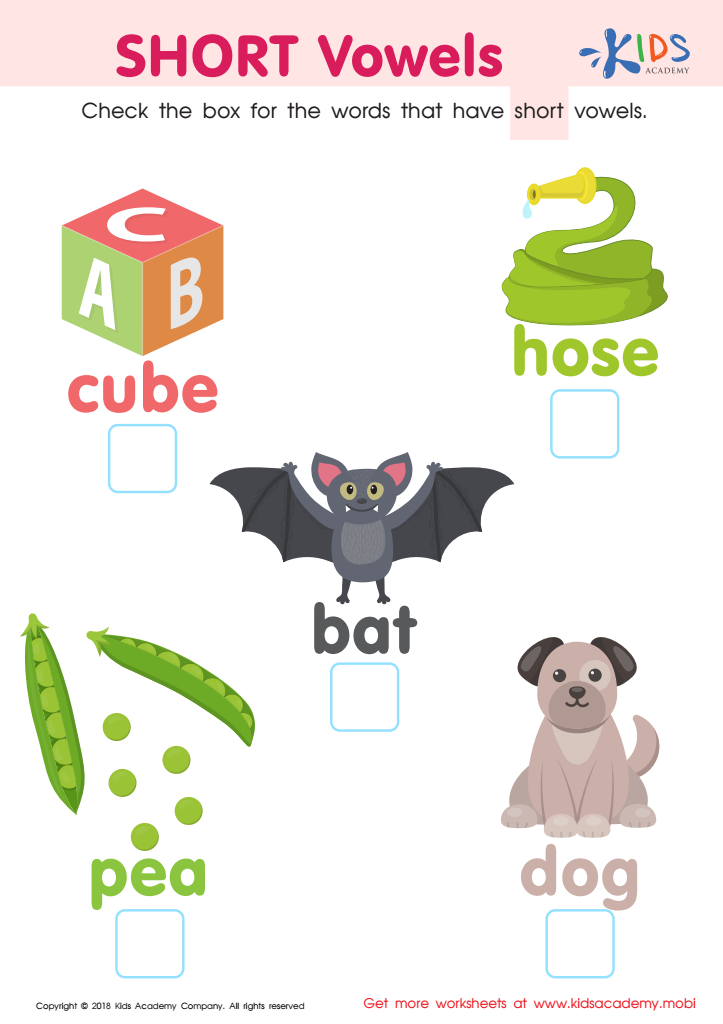

short vowels Worksheet


Short Vowels /e/, /i/, and /u/ Worksheet
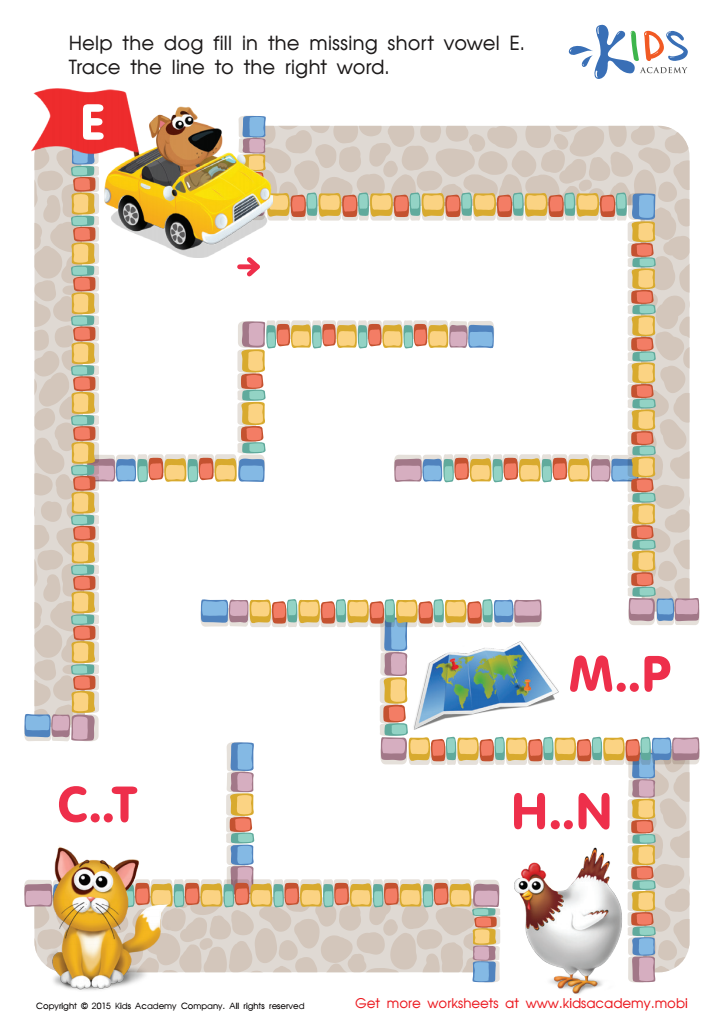

Short Vowel Sound E Worksheet


Long and Short Vowel Sentences: Assessment Worksheet
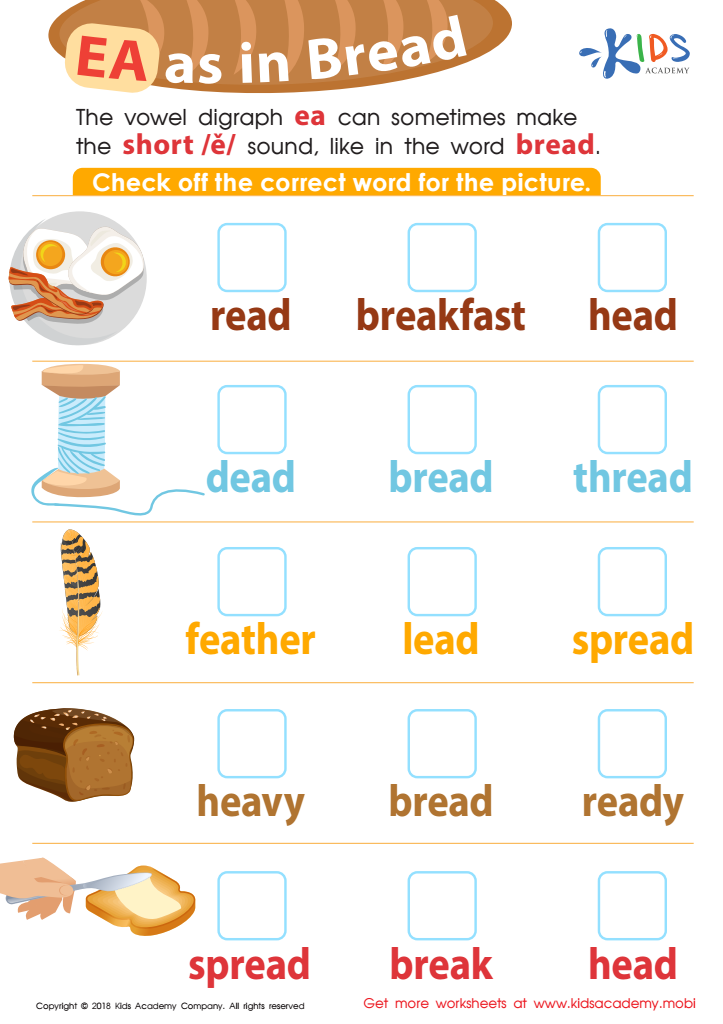

Reading: EA as in Bread Worksheet


Long and Short E Worksheet
Parents and teachers should prioritize reading comprehension, particularly focusing on short vowels, for children ages 5-8 because it lays a foundational skill essential for lifelong literacy. Short vowels are the building blocks of phonic awareness, aiding children in decoding and understanding words. When children grasp short vowel sounds, they enhance their ability to read not just individual words but also sentences and stories, leading to improved comprehension.
Understanding short vowels paves the way for effective reading strategies, allowing children to recognize patterns in language. It helps them problem-solve complex words and improves their spelling abilities, further enriching their overall language skills. Additionally, a strong foundation in reading comprehension positively impacts other academic areas, as literacy is tied to critical thinking and logical reasoning capabilities.
Moreover, fostering an interest in reading at this young age creates passionate and confident learners who are more likely to engage with books, enhancing their vocabulary and knowledge of the world. Parents and teachers, therefore, play a pivotal role in guiding these early literacy experiences, ensuring children are not only able to read but also understand and enjoy what they read—nurturing informed, inquisitive minds for the future.

 Assign to My Students
Assign to My Students





